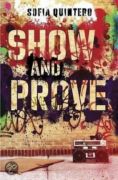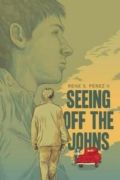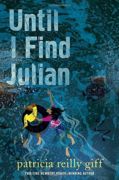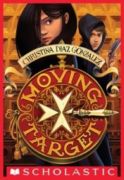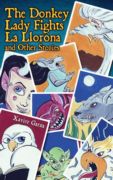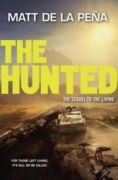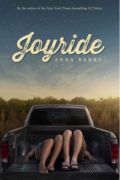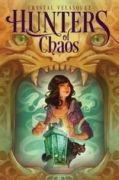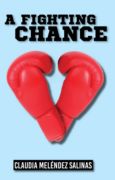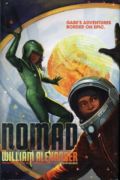
When we last left Earth’s Ambassador, Gabe Fuentes, he was stranded on the moon. And when he’s rescued by Kaen, another Ambassador, things don’t get better: It turns out that the Outlast— a race of aliens that has been systematically wiping out all other creatures—are coming. And they’ve set their sights on Earth.

